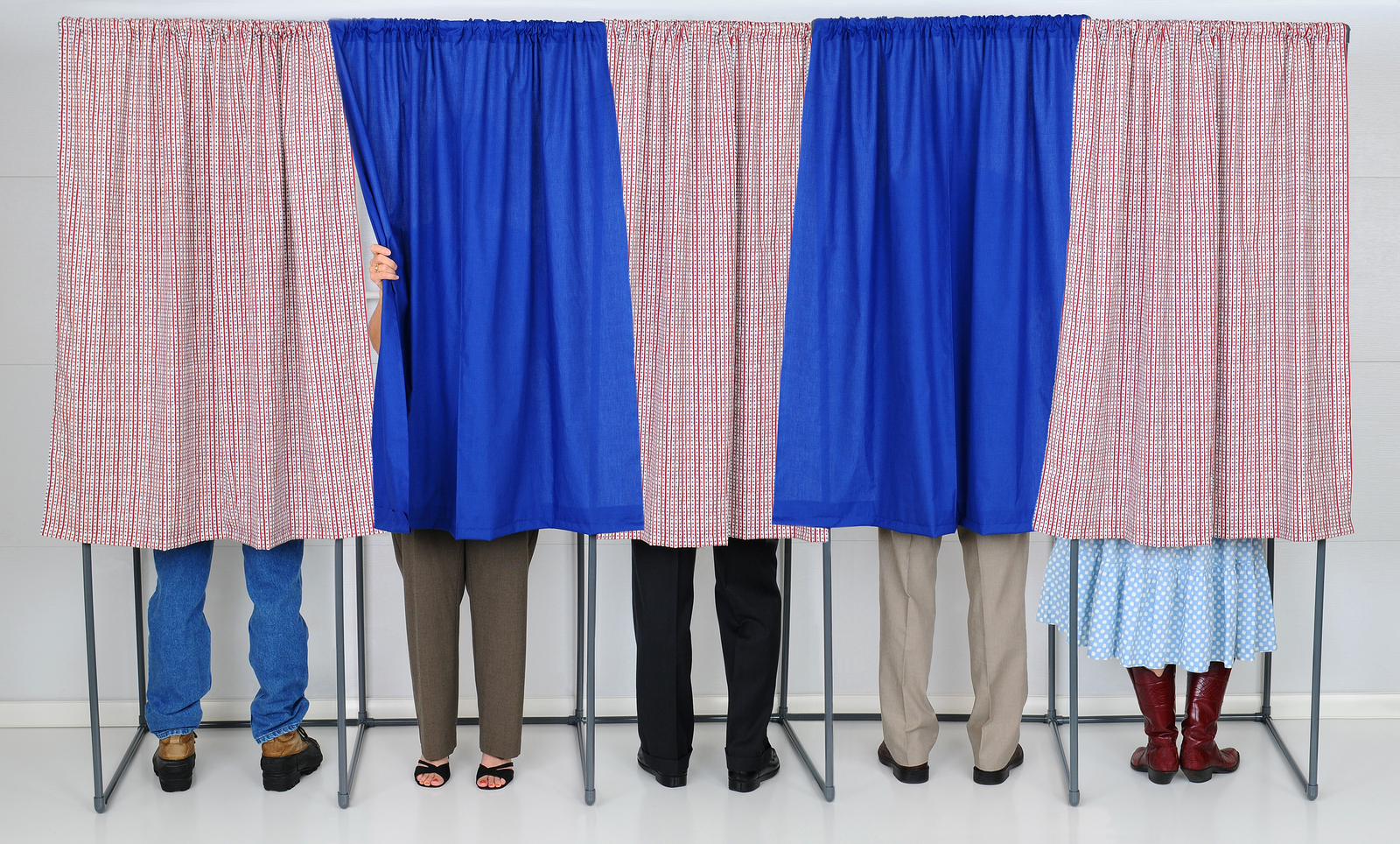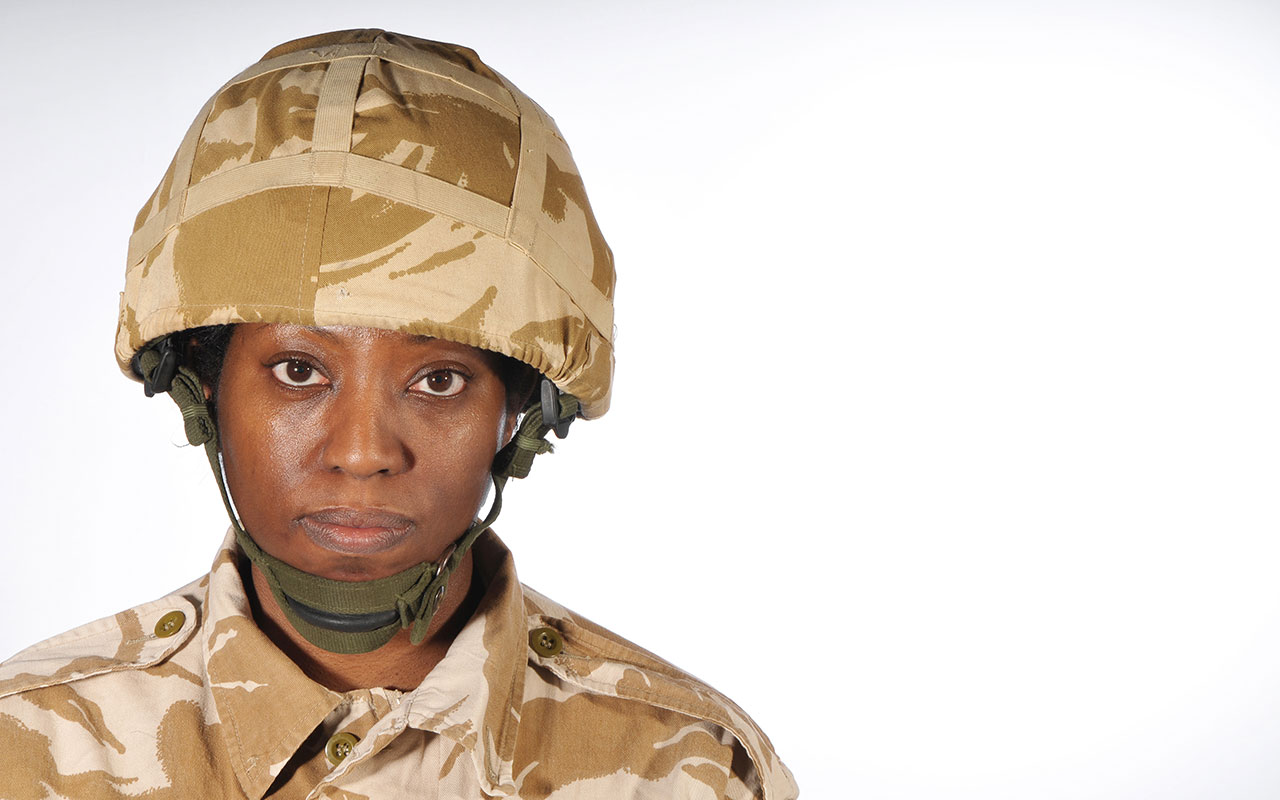
by Brian Hobbs | Mar 28, 2016
The new Superman v. Batman movie did great at the box office, though not so well with the critics. This movie shows yet, again, that comic book and superheroes are all the rage.
So who is your favorite superhero? Growing up, Superman was my favorite. I relished seeing the Man of Steel fight for “Truth, Justice and the American Way,” in fighting evil. As I have grown, I have come to prefer Batman slightly over Superman. If, for no other reason, I am amazed and impressed that the Dark Knight can fight crime, even though he has no superpowers like others, including Spider-Man, Superman or the X-Men.
My children, especially my son, also enjoy superheroes. There are at least three things I try to teach my children—and reminder myself of—when it comes to enjoying superheroes.
1. They’re cool but pretend
Some Christians, especially those of a fundamentalist perspective, do not like the superhero genre whatsoever. To some extent, I understand the hesitation and desire to teach our children about reality and truth, as well as avoid idolatry.
At the same time, childhood is partly about learning between what is real and what is make believe and finding inspiration toward action and virtue. Consider this analogy. Thinking about magic, the Bible very clearly prohibits the use of magic, especially divination (see Deut. 18 and Exodus 22). Many Christians, however, find inspiration and truth from C.S. Lewis’ Narnia series, which has magic in it.
The key distinction in Lewis is that he draws distinction between real magic versus make-believe magic. Also in Narnia, magic is not something to trifle with or master (like it is at Hogwarts School of Witchcraft and Wizardry). Magic is something to be feared and learn to make you more obedient to the Divine.
While a committed fundamentalist never will fully embrace superheroes or works like the Narnia series, he or she at least owes fans the dignity of not lumping these works with truly harmful secular fantasy genre. Be that as it may, we must remind kids that superheroes like Batman are pretend.
2. Real heroes are more important
What would it profit a young boy to know all about the Flash, Green Lantern and Hawkman, if he knows nothing of Alvin York, Paul Revere and Alfred the Great? In other words, if we allow our children and ourselves to delve only into pretend heroes to the exclusion of real-life ones, we have done a disservice to them and ourselves.
Apart from getting on an airplane or aircraft, none of us will fly around like Hawkman. Many of us, however, may be called on to serve our country in war, protect someone weak or fight back a bad guy or terrorist. To the extent that revering heroes draws you to godly virtues and bravery, they are a very good thing.
3. Only Christ has all power
I am writing this at Eastertime, when we celebrate the life, death and resurrection of Our Lord Jesus Christ. He alone is the real Hero and Super Hero, so to speak. During His earthly ministry, Jesus performed miracles, not because of Krypton heritage but because of the power of God.
Jesus rose from the grave, because He alone has the power to “lay down his life and take it up again” (John 10). He alone controls the forces of nature and the supernatural, and holds the keys to life and everlasting life.
While it sure would be cool to fly like Superman, the only real comfort in this life is to know I can be with Jesus when I’ll fly away when this life is over.

by Brian Hobbs | Mar 9, 2016
Get this. “Currently, more than 11,000 Oklahoma children are in the custody of DHS and in need of out-of-home placement.” That is an eye-popping number, but those are not just statistics—they are real children, boys and girls.
Last November, the leader of Oklahoma Baptists, Dr. Anthony L. Jordan, delivered a powerful sermon at the Annual Meeting, calling on Southern Baptists in Oklahoma to meet the growing foster care need.
Dr. Jordan announced that the Baptist General Convention of Oklahoma would be teaming up with Oklahoma Baptist Homes for Children (OBHC), to equip churches to take an active role in foster care.
In the weeks and months since, OBHC has launched the “One Such Child” program, to do just that.
On the Baptist Messenger’s podcast, I was able to interview OBHC president-elect Greg McNeece and OBHC foster care coordinator Teri Blanton about how the local church can get involved in foster care.
Listen to the interview here, and think about what God is calling you to do on this key issue.

by Brian Hobbs | Mar 1, 2016
The Bible, in Romans 13 says, “Let every person be subject to the governing authorities. For there is no authority except from God, and those that exist have been instituted by God. Therefore whoever resists the authorities resists what God has appointed, and those who resist will incur judgment.”
These verses have been used (and abused) at various times in history to say that whatever leaders are in power, God put them there. Indeed, there is a good case to be made that the Lord God, the Blessed Controller of all things, does cause the rise and fall of kingdoms, nations and rulers.
We all agree, as Christians, that God knows the future. But what about Hitler becoming Chancellor of Germany in 1933? What about Joseph Stalin becoming Marshal in the Soviet Republic in 1943? What about Tiberius Caesar of Paul’s day in the First Century? Did God hand pick each of these men? Or did God merely allow these to come to power for whatever reason (e.g. as judgment and part of His overall design)?
Scholars and biblical experts disagree on this. Some think, for reasons we do not necessarily understand, that God does pick all leaders, including bad ones. Others think these verses mean that God does pick what offices (King, President, etc.) there are and knows who will gain power.
Whatever the case, as Christians, we do know and agree on:
- We desire leaders with wisdom (Prov. 29:2);
- Ultimately we answer to a higher authority in God, than any human authority (like Dietrich Bonhoeffer or Corrie Ten Boom);
- It is a blessing that the ordinary person has a say in choosing our government in America; and
- We should pray about our vote, and we should pray for all those in power (1 Tim. 2:2).
After this Super Tuesday, we will have a much clearer picture of who the Democrats and Republicans want to be the next President. Let’s pray the same person they want is the same person God wants, and let’s pray the Lord gives us who we need and not who we deserve.

by Brian Hobbs | Feb 23, 2016
It’s a presidential election like no other. The country, a few years removed from historic financial disaster and teetering on the brink of war, has two clear choices for president.
First is the widely-known Democratic powerhouse, running for what amounts to a third-term extension of the policies of the President’s last eight years, which has greatly expanded and stretched the Constitutional role of the President almost to the breaking point. On the other side is a Republican wildcard maverick businessman from New York with no prior elective experience, promising strong solutions and a new day. Each of these candidates is facing a divided country, one with strong sentiments of pacifism and socialism, running through the consciousness of many voters.
I’m talking about the 1940 presidential election. The major candidates are not Hillary Clinton and Donald Trump, but are FDR and Wendell Willkie. There indeed are these similarities between 1940 and 2016, but the differences are what offer us the most lessons.
/// Leadership gap. Whether you agree with his policies or not, Franklin Roosevelt was one of the most capable American presidents. FDR had a moral compass, a way of building consensus and led America to its greatest war time victory. Like them or not, Obama, Clinton and Trump have not had that same consensus-building ability, which the mark of true leadership.
/// Leadership reflects citizens’ values. 1940s America was not the perfect place. There was a lot of greed, racism and infidelity and other social sins. But generally speaking, the voting citizens were patriotic, and more community and family-minded. The overall character of the nation was of higher moral value, and the politicians reflected that value.
/// Same problems, different problems. Sometimes our current problems seem to dwarf those of prior generations. But that same generation that voted between FDR and Willkie would find itself plunged into war, followed by a decades-long struggle with communism and later the threat of nuclear war. Yes, the problems in 2016 are great, but each generation has its own set of challenges and opportunities.
The lessons from 1940 are stark for today. If you want a good leader, have a good citizenry, don’t assume we have it worse today. Pray more. You never know what challenges the next president will face.
In the end, God is in control of who is in power. We almost always get the leader we deserve. Let’s pray whomever is in the White House in 2017 will fear the Lord and unite the country behind goodness and the values that the 1940s generation worked so hard to pass on.

by Brian Hobbs | Feb 9, 2016
In the recent New Hampshire Republican debate, the question was asked, “should women be required to sign up for selected service systems” in the United States military, meaning conscription or the draft. The question comes on the heels of two leading generals saying they should and after the U.S. military approved women-in-combat roles.
Why some people say ‘yes’
The supporting arguments appear to be: 1) Now that women can do all military roles, the right should come with the responsibility; and 2) Men and women are equal therefore everyone should be required to sign up for the draft.
Before I say my reasons against requiring women in the draft, let me address these. The cement is still drying on what women-in-combat roles will look like, and we need to give it time to develop before making another change. For example, if there are, heaven forbid, women prisoners of war, will they be exposed to the harms and dangers even more pronounced than men? Also, just because a new right comes into being doesn’t mean a much larger responsibility comes with it. Just because everyone of a certain age is able to apply for a driver’s license doesn’t mean everyone is required to get one. I realize conscription is a different matter altogether legally, but I am only referring to the logic.
As for the entire equality argument, we cannot buy into the claims of an egalitarian view of men and women. Men and women are of equal worth but are not the same. Men cannot, for example, carry babies in the womb. It is okay for there to be differences.
Moreover, women are now allowed to serve in any capacity they wish in the military, so we have equality of opportunity now. To keep that equality of opportunity, we do not need to add equality of obligation.
Why we should say ‘no’
There are at least three reasons that I see to say “no” to this policy.
1. Unnecessary
Since the War for Independence to the Vietnam War to today, the draft has had a changing role in American society. Sometimes it was a major factor, while others, it was not needed. Before the present debate, the most recent major revisions to conscription policies came under the Carter Administration.
President Carter, who reinstated the draft, specifically wanted women to be drafted but for non-combat roles (though history shows a draft comes into play only when more combat soldiers are needed).
An all-volunteer and professional military currently meets our needs. If ever a day came that we needed more people than volunteer and existing draft standards could supply, then we could revisit this conversation. Currently, it is unnecessary.
2. Unprecedented
Historically speaking, there is virtually no precedent for conscripting women into military service. Women have played a vital role in each civilization, but almost without exception, other nations and generations have chosen to respect women’s right not to be drafted.
You will sometimes hear people point out that Israel drafts women for service. While they do have a draft, it does not appear their women are put into combat roles, like what is being proposed here. Also, America’s needs are vastly different than Israel’s.
3. Unwise
From the book of Genesis forward, the Bible recognizes that men and women are different. The most noticeable difference is that women, not men, carry children in the womb and give birth to every child that comes into being. Pregnancy and childbirth is a huge factor. To ask all women, ages 18-25, who might become mothers, potentially to serve in the military is asking too much and is unfair to women as a whole.
Next, the more you integrate women into military service, the more you must take into account the consequence of a co-ed military. We already must account for changing rooms, quarters, bathroom facilities and showers for military members of the opposite sex. To influx millions of men and women together will complicate matters further in ways we are not thinking about now.
Also there is a strong anti-draft sentiment in American history as it is already. Why would we expand a practice that is already compulsory to men and controversial in other ways? While I personally believe the draft is necessary and just, to expand it only compounds the societal disagreement we have now. For these reasons and more, it is unwise to pursue this course.
In summary, if women want to serve in the military, it is their choice, and they should be applauded and supported in every way. To force it upon them anew, however, is unfair, unwise and unnecessary at this time.
Let’s hope our president, the Congress and our military leaders heed the voices of caution, before the possibility of another draft turns into the reality of one.




